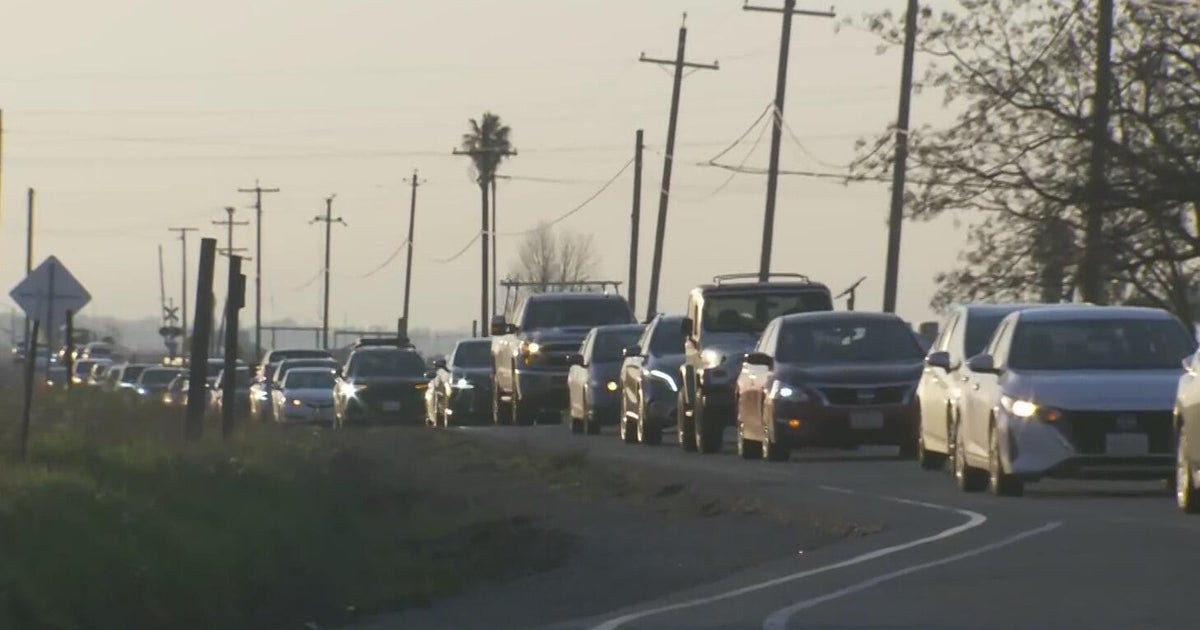Drought disrupts "irreplaceable" Mississippi River shipping corridor
St. Louis, Missouri — The Mighty Mississippi might need a new nickname. North of Memphis, the river looks more like a desert than a river, as barge traffic up and down the crucial corridor is slowed or stranded amid a historic drought.
Paul Rohde, who represents the river's shipping and towing industry, says the Mississippi is plunging to record low levels just as farmers send their harvests down river for export.
"It's stark. We are seeing operational challenges that are almost unprecedented," said Rohde, Waterways Council vice president of the Midwest area. "One-twelfth of the world's population eats something that emanates from the Mississippi River Basin. Forty percent of the global food supply starts at the Mississippi River Basin. So this is a serious issue about who's going to feed the world if America can't get its agriculture products out."
Massive barges also carry everything from coal and petroleum, to fertilizer and road salt.
Economic costs are estimated to be in the billions.
"It's absolutely a water super highway," Rohde said. "This is irreplaceable. We have got to keep commerce moving."
The Army Corps of Engineers has been dredging the river nonstop for three months to help keep barges moving. It is desperately trying to maintain a nine-foot-deep shipping channel near St. Louis, sucking up enough sand and silt to fill an Olympic-sized swimming pool every hour.
"We've had three dredges working in our reach of the river to keep things open, based on the forecast," said Lou Dell'Orco, chief of operations for the St. Louis District Corps of Engineers. "We can dredge it to a certain point, and then Mother Nature wins."
Climate change is making Mother Nature unpredictable. St. Louis was hit with record-shattering rainfall in July, right before the drought began. The drought is expected to last through January, threatening the critical supply chain that rides on a receding ribbon of water.



